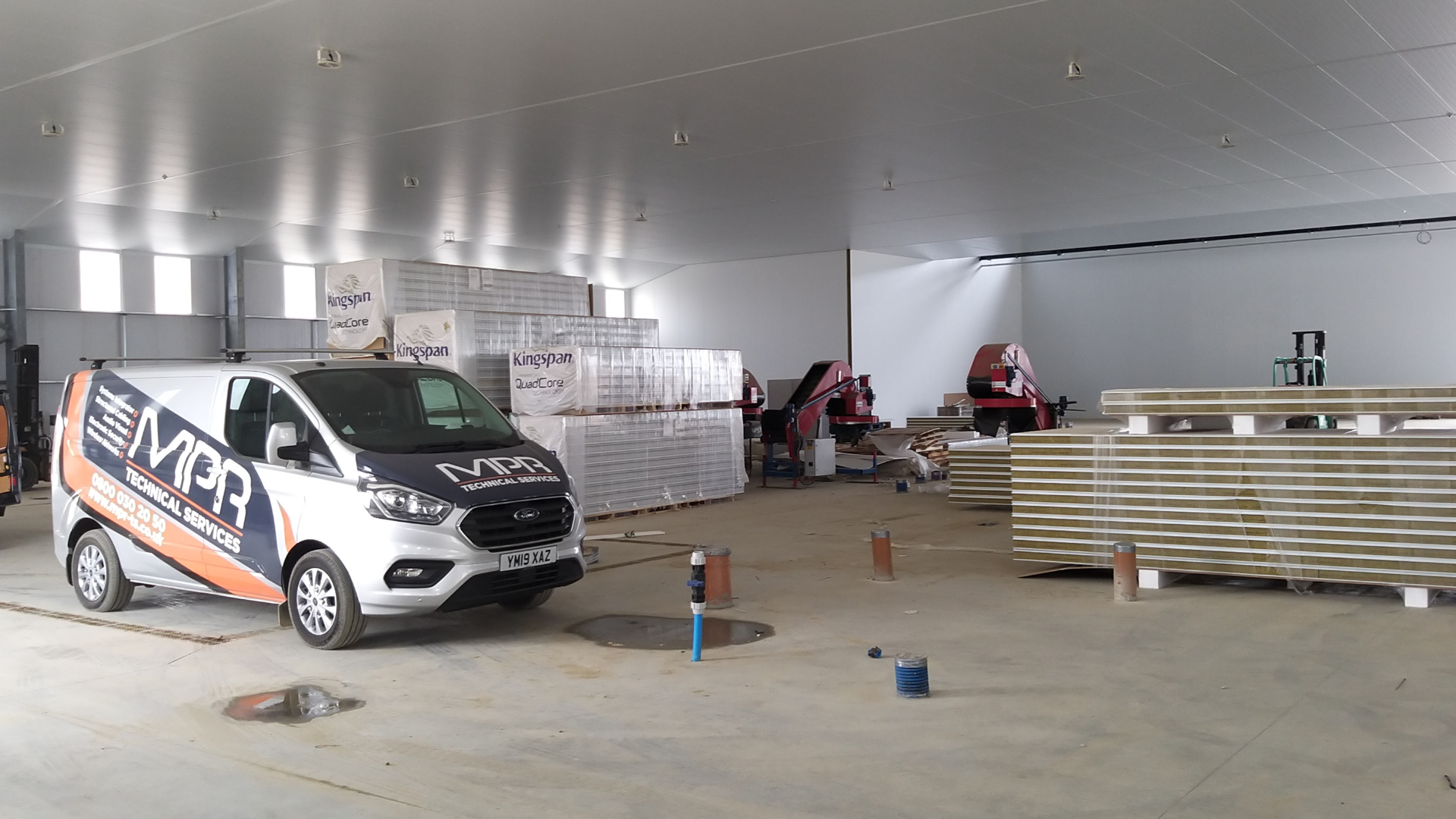What is technology systems integration?
A Technical Services Integrator manages and delivers systems integration for new build or refurbishment projects. They coordinate the integration of various systems, ensuring compatibility and optimal performance. They bridge the gap between the design team, contractors, and end-users, bringing together different technologies and components. The Technical Services Integrator follows a systematic approach, understanding project requirements, developing an integration plan, and overseeing installation and testing. They also provide ongoing monitoring, maintenance, and support for the integrated systems.
What are the challenges of technology systems integration?
Systems integration can pose several challenges, especially in the context of new build or refurbishment projects. Understanding and addressing these challenges is crucial for the successful implementation of compatible systems. Here are some key challenges to consider:
-
Compatibility: One of the main challenges in systems integration is ensuring compatibility between different systems. This involves integrating various technologies such as HVAC, lighting, security, and communication systems. Each system may have its own protocols, interfaces, and standards, making it essential to find common ground and ensure seamless communication and interoperability.
-
Complexity: Integrating multiple systems can be complex, particularly when dealing with diverse technologies and components. There may be a need to connect various devices, sensors, controls, and software applications. Managing this complexity requires expertise in understanding and connecting these different elements effectively.
-
Interoperability: Interoperability refers to the ability of different systems to work together smoothly. It is essential to ensure that all integrated systems can exchange data and communicate effectively. This may involve using common protocols, application programming interfaces (APIs), or middleware to facilitate integration and data exchange.
-
Risk Management: System integration projects carry inherent risks, such as system failures, data breaches, or delays. It is vital to have robust risk management practices in place to identify, assess, and mitigate potential risks. This includes thorough planning, testing, and monitoring throughout the integration process.
-
Scalability: As projects evolve and grow, the integrated systems should be scalable to accommodate future expansions or modifications. It is crucial to design integration solutions that can easily adapt to changing needs and requirements without significant disruption.
-
Project Management: Coordinating and managing the integration process requires effective project management skills. This involves overseeing timelines, budgets, resources, and stakeholder expectations. Having an experienced technical services integrator who can lead and manage the integration project is essential to ensure a successful outcome.
By carefully considering and addressing these challenges, a technical services integrator can help to overcome the complexities of systems integration and deliver compatible systems that meet the unique requirements of any new build or refurbishment project.
How can systems integration improve operational efficiency?
Systems integration improves operational efficiency by seamlessly connecting various systems and technologies. It eliminates data silos, automates tasks, enables real-time data exchange, and enhances collaboration. Additionally, it provides scalability and flexibility for future growth. Working with a technical services integrator ensures successful integration and unlocks the full potential of technology investments.
How does systems integration contribute to digital transformation initiatives?
Systems integration plays a crucial role in accelerating digital transformation. It connects and harmonises systems, driving productivity, efficiency, and innovation. Integration streamlines processes enables the adoption of emerging technologies, and enhances data management. Embracing a holistic approach empowers organisations to navigate the digital landscape with agility, fostering growth and competitiveness.
What are the key factors to consider when selecting a systems integration vendor?
Selecting the right systems integration vendor is a critical decision for any project. Here are some key factors to consider:
-
Expertise and Experience: Look for a vendor with a proven track record and extensive experience in system integration. They should have a deep understanding of the latest technologies and industry best practices.
-
Compatibility and Interoperability: Ensure that the vendor has expertise in integrating diverse systems and technologies. They should be able to seamlessly connect different components, ensuring they work together smoothly.
-
Scalability and Flexibility: Consider the vendor’s ability to scale their solutions to the project’s needs. They should be adaptable to changes and advancements in technology, ensuring future-proof integration.
-
Project Management and Execution: Evaluate the vendor’s project management capabilities. They should have a structured approach, clear communication channels, and the ability to deliver projects on time and within budget.
-
Technical Support and Maintenance: Determine the level of ongoing support the vendor offers. They should provide timely maintenance, troubleshooting, and updates to ensure the smooth operation of integrated systems.
-
Security and Data Protection: Ensure that the vendor follows strict security protocols and practices. They should have robust measures in place to protect sensitive data and maintain compliance with relevant regulations.
-
Cost and Value: Consider the vendor’s pricing structure and evaluate if it aligns with the value they provide. Look for transparency in pricing and ensure that there are no hidden costs or unexpected expenses.
-
Reputation and References: Research the vendor’s reputation in the industry and seek references from their previous clients. This will help gauge their reliability, customer satisfaction, and ability to deliver successful integration projects.
By carefully considering these key factors, you can confidently choose a systems integration vendor that will meet your project’s requirements and contribute to its success.
Why Choose MPR Technical Services for Systems Integration?
At MPR Technical Services, we are the experts in seamless systems integration for your business or building project. Here’s why you should choose us:
-
Expertise and Experience: With years of experience in the industry, our team of skilled professionals has the expertise to handle complex systems integration projects. We have successfully integrated diverse systems for numerous clients, ensuring compatibility, efficiency, and optimal performance.
-
Comprehensive Solutions: We offer a comprehensive range of services, covering all aspects of systems integration. From initial planning and design to installation, testing, and ongoing support, we provide end-to-end solutions tailored to your specific needs. Our holistic approach ensures that all systems work seamlessly together, delivering the desired outcomes.
-
Vendor-Neutral Approach: We are vendor-neutral, meaning we work with a wide range of technology vendors and solutions (the whole of the market). This allows us to select the best components and technologies that align with your requirements, ensuring a customised and optimised integration solution.
-
Proven Track Record: Our track record speaks for itself. We have a proven history of delivering successful systems integration projects for clients across various industries. Our satisfied clients attest to our professionalism, reliability, and commitment to excellence.
-
Customer-Centric Approach: At MPR Technical Services, we prioritize customer satisfaction. We take the time to understand your unique needs and goals, providing personalised solutions that meet your specific requirements. Our dedicated team is always available to provide support and assistance throughout the integration process and beyond.
Choose MPR Technical Services as your systems integrator for your needs and experience the benefits of seamless connectivity, enhanced efficiency, and optimised performance. Contact us today to discuss your project requirements and let us help you unlock the full potential of your technology investments.

